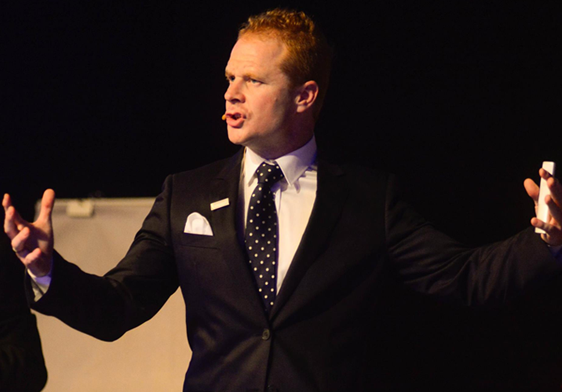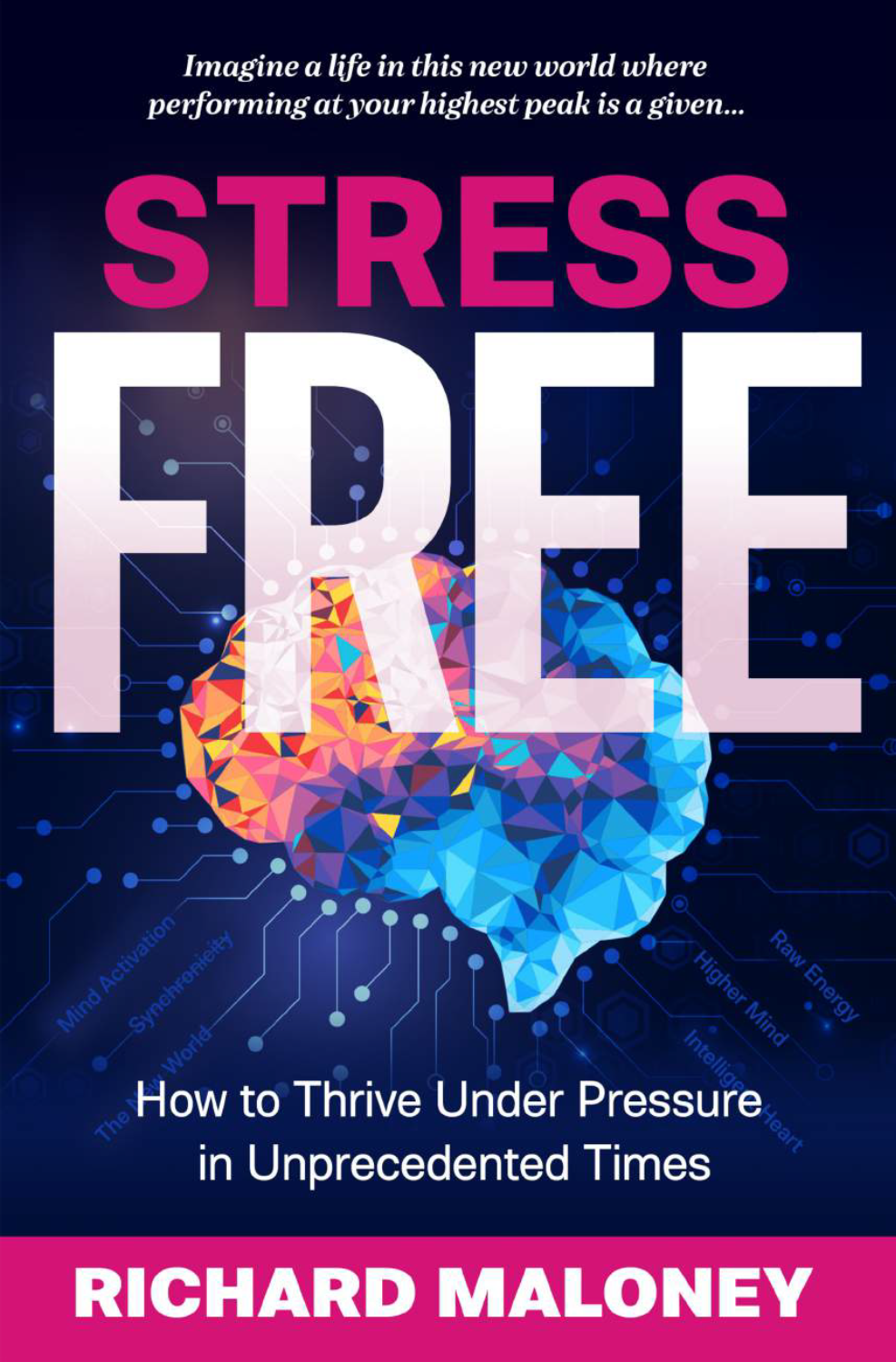At a glance
- A psychology degree isn’t required to become a coach, as coaching focuses on goals and growth, not mental health diagnoses.
- Coaching is unregulated in Australia, making it accessible to people from all professional backgrounds.
- Key coaching skills include active listening, communication, emotional intelligence, and goal-setting.
- Quality Mind’s Mental Performance Specialist Program offer proven tools and support to build a successful coaching career.
In today’s growing performance and wellness industries, coaching has emerged as an exceptionally rewarding and sought-after vocation. Yet a persistent misconception prevents many would-be professionals from fully pursuing this career: Is a degree in psychology required to become a coach?
The answer is no. You do not need a psychology degree to enter the coaching profession. In fact, many successful coaches come from educational, business, sports, or personal development backgrounds. What matters more is your ability to help others by using structured, proven tools—and, more significantly, a credible way to develop those skills.
In this article, we look at why you don’t need a psychology degree to become a coach, what skills and tools actually make a difference, and how you can get started with a coaching program that’s designed to grow with you.
Distinguishing Coaching and Psychology
Before exploring what it takes to become a coach, it’s helpful to understand how coaching differs from psychology. Both aim to support personal growth, but they do so in very different ways.
The table below showcases core differences between the two and helps you understand why you can become a coach without a psychology degree.
| Psychology | Coaching | |
| Primary Focus | Diagnosing and treating mental health conditions | Enhancing performance, mindset, and personal growth |
| Approach | Retrospective and diagnostic | Future-oriented and goal-driven |
| Practitioner Role | Clinician or therapist | Coach or facilitator |
| Methods Used | Evidence-based therapeutic techniques (e.g., CBT, psychoanalysis) | Structured coaching frameworks, mindset tools, and accountability models |
| Regulation | Highly regulated; practitioners must be registered | Largely unregulated; focus on ethics, training, and results |
| Qualifications Required | Postgraduate degree, clinical training, and licensure | No formal degree required; relies on practical skills and a coaching system |
| Client Needs Addressed | Mental health concerns, trauma, behavioural disorders | Performance improvement, personal development, motivation, clarity |
Unlike psychologists, coaches don’t diagnose or treat mental health conditions. Instead, they focus on helping people set goals, make better decisions, and build confidence through accountability and mindset work. This makes coaching a more flexible and accessible path for professionals who want to support others without working in a clinical setup.
Why You Don’t Need a Psychology Degree to Become a Coach
There are several reasons why a psychology degree is not necessary to become a coach, especially for those looking to launch or grow a coaching business through structured, results-based programs.
Coaching is Not a Regulated Profession
In most countries, there are no legal requirements mandating a degree or license to practise as a coach. While therapists must be registered under governing health bodies, coaches operate in an unregulated space driven by client results, professionalism, and ethical standards. This creates a significant opportunity for motivated individuals who want to make a difference without pursuing a clinical path.
Different Tools and Scope
Coaches and psychologists also rely on very different tools. Psychologists use clinical frameworks like the DSM-5 to diagnose and treat mental health conditions. Coaches, in comparison, use mindset strategies, habit development methods, and pragmatic goal-setting systems to empower clients rather than treat an illness.
Skill-Based Entry
Becoming a successful coach is not about having the right academic background. The most effective coaches tend to be great listeners, clear communicators, and thoughtful problem-solvers. These are skills you can develop with the right training and guidance, especially if you’re working within a coaching system that’s been proven to work.
At Quality Mind, for example, coaches are trained using neuroscience-based systems supported by an app with NeuroSync technology that delivers structured mindset exercises, emotional tracking, and daily activations directly to the client’s device. This modern delivery model gives new coaches a real edge.
What You Actually Need to Become a Coach
While a background in psychology may seem beneficial, it is not essential for a coaching career. What truly matters is the ability to build meaningful connections and apply a structured, outcome-focused methodology that supports clients in achieving their goals.
Essential Skills for Coaching
These core abilities help you connect with clients, guide their progress, and deliver real results in every session.
- Active Listening: More than just hearing someone out, effective coaching involves truly understanding what your client is trying to achieve, what’s getting in their way, and what motivates them to move forward.
- Empathy: It allows coaches to understand their clients’ struggles without judgment, to offer genuine support, and to celebrate progress together. This emotional connection fosters trust and safety.
- Emotional Intelligence: This helps coaches stay aware of their own emotions and connect meaningfully with clients.
- Effective Communication: It is essential for explaining mindset principles, delivering feedback, and keeping sessions impactful. Coaches must be able to simplify complex ideas, ask clear questions, and inspire with confidence.
- People Management: It’s about guiding clients through change, keeping them accountable, and supporting their progress.
- Knowing Your Limits: A professional coach understands when a client’s needs go beyond coaching and when it’s time to refer them to a mental health expert.
These aren’t academic skills; they’re human skills. With the right training and support, anyone willing to learn can develop them.
A Proven Coaching System
Having the right mindset and soft skills is important, but the structure behind your coaching ensures consistency and growth. That’s why a proven coaching system is essential, particularly for those building a business from the ground up.
Quality Mind provides a neuroscience-backed framework delivered through technology. It includes five structured coaching programs, live mentoring, and access to the proprietary NeuroSync™ App (available on Google Play and App Store), a tool that supports daily mindset activation, client journaling, emotional regulation, and real-time progress tracking.
Coaches access a dedicated back-end dashboard that allows them to see how their clients are doing, identify patterns, and tailor sessions based on real data.
In addition, coaches are supported through business development resources, mentoring, and a global peer network. This level of structure means new coaches don’t have to start from scratch. They’re equipped with everything they need to succeed, from client management tools to a ready-made coaching model.
With this kind of infrastructure in place, aspiring coaches can feel confident knowing they’re offering real value, not just theory.
Read more: How to Become a Mental Performance Specialist with Quality Mind
Clients Care More About Results, Integrity, and Support
When someone hires a coach, they’re not looking for academic credentials; they’re looking for outcomes. They want someone who can help them take action, overcome barriers, and create lasting change. What clients value most is a coach who listens, provides structure, and gets you results.
In this industry, trust is built through clarity, consistency, and professionalism. Coaches who are ethical, responsive, and goal-focused earn long-term client relationships and referrals. And while qualifications may open doors, it’s your ability to deliver that will ultimately define your success.
Case in point: Bruce Wilson joined Quality Mind without a psychology background. After completing the system himself, he became a Mental Performance Specialist and now runs a coaching business powered entirely by referrals. It’s proof that results matter more than credentials.
The bottom line is that starting a coaching career doesn’t require a psychology degree; it requires the right mindset, effective communication skills, and a structured framework that delivers results. With the right training and support, professionals from all backgrounds can build successful coaching businesses and make a meaningful impact on people’s lives.
Whether you’re transitioning from a corporate career, stepping away from education or sport, or simply passionate about helping people grow, coaching offers a professional pathway that’s both flexible and fulfilling.
At Quality Mind, we’re more than just a coaching company. We’re a technology-based coaching company with a unique edge, combining neuroscience-backed methods with a NeuroSync app-based system that empowers both coaches and clients.
Quality Mind provides all the tools, support, and structure you need to thrive—no psychology degree is required.
Start building your coaching career today with Quality Mind Global. Or book a quick 10-minute Discovery Call with the team.

























